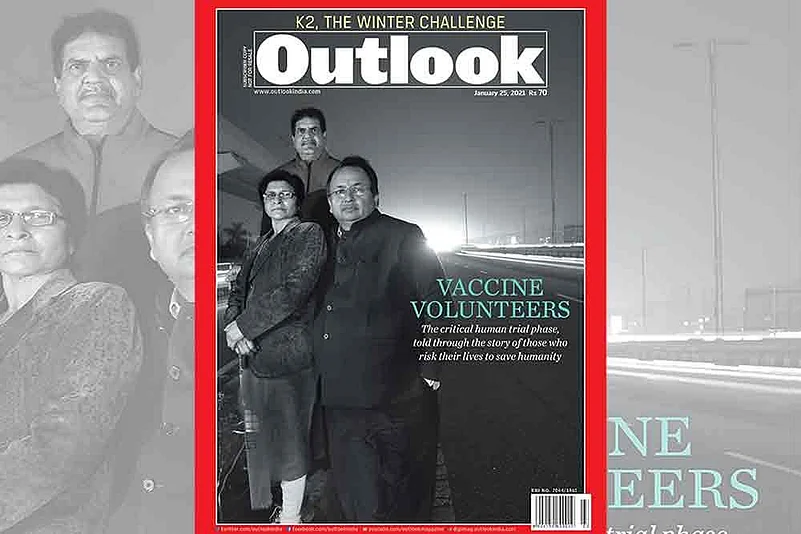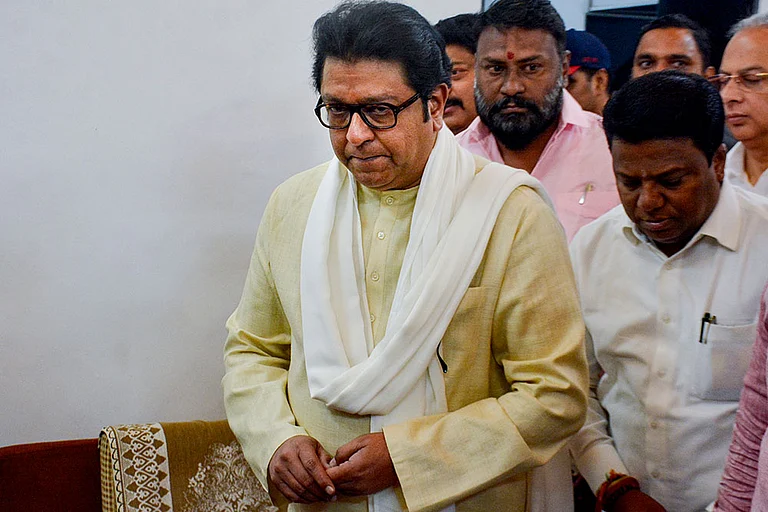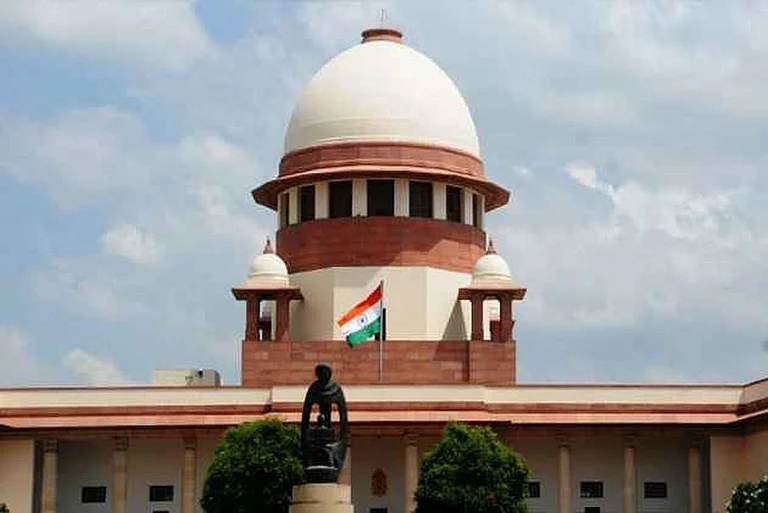Around 2005, India turned into a favoured destination for foreign pharma companies to carry out human clinical trials for new medicines, vaccines and other treatments. Two things changed—amendments in the patent law and clinical trial rules. From 2005 onward, clinical trials in India registered an exponential increase—from 180 to 506 in 2010.
The Indian patent law was amended from ‘process patent’ to ‘product patent’ in January 2005 to comply with the World Trade Organisation’s Trade-Related Intellectual Property Rights (TRIPS) provisions. Under the process patent, Indian pharma companies had their own ways of manufacturing medicines developed by western pharma companies. Introduction of product patent stopped this manipulation and forced Indian firms to collaborate with western companies.
Western firms also found it profitable to use India as its R&D base as they got volunteers for clinical trials at much cheaper rates due to poor and illiterate citizens as compared to their own countries.
Simultaneously, the government also amended the Drug and Cosmetics Rules and permitted clinical trials without a phase lag. The amendment allowed concurrent trials of the same phase in India and other countries. Earlier, a foreign company needed to complete phase III trials in its own country before applying for a phase II trial in India.
The impact of these changes resulted in a sudden increase in the number of clinical trials that western pharma companies outsourced to India. A new category of companies known as Contract Research Organisations (CROs) cropped up whose prime work is to arrange patients and volunteers for the clinical trials.

The changes apparently threw open the floodgates for violations of laid down norms, some by the sector regulator, the Drug Controller General of India (DCGI) itself. This has been pointed out in the 59th report of the Parliamentary Standing Committee on Health and Family Welfare. The committee randomly selected 42 medicines out of 2,167 that DCGI had approved between January 2001 and November 2010 and found several violations in the approval process. “A total of 31 new drugs were approved in the period of January, 2008 to October 2010 without conducting clinical trials on Indian patients,” it said, one among many other irregularities.
The DCGI has come under the scanner once again after it approved two COVID-19 vaccines on January 3 for universal vaccination in India; questions have been raised in the manner the approvals were granted to both of them. The Progressive Medicos and Scientific Forums, a group of doctors and researchers, have raised concerns over the “undue haste and disconcerting exigencies in pushing for approval and deployment of the vaccine without sufficient scientific data on the safety and efficacy of the vaccine”.
What went wrong
Will a drug regulator of a country showcase its citizens as appealing subjects for clinical trials? The DCGI, which regulates all drug and cosmetics-related activities, did it in 2013 to attract western pharma companies. Surinder Singh, then DCGI, in the report “Resource advantages as destination for clinical trials”, highlighted India as a selling point for clinical trials for the following reasons: “Large, diverse, therapy-naïve; advantage of having 6 out of 7 genetic varieties; large patients pool in acute/chronic disease segment; Increasing number of patients in lifestyle disorders segment, HIV, oncology.”
Dr Vikas Bajpai, Centre of Social Medicine and Community Health, Jawaharlal Nehru University in a review article, Rise of Clinical Trials Industry in India: An Analysis, published in 2013, has mentioned it. “These are facts which should ideally shame the collective conscience of the country but have most unfortunately been paraded as a virtue by many, among them the highest official of the government of India who is meant to supervise the clinical trials—the DCGI included,” Dr Bajpai wrote.
After a PIL was filed by the Swasthya Adhikar Manch, the Supreme Court said that all clinical trials in India would be based on three basic principles, (i) assessment of risk versus benefit to the patients, (ii) innovation vis-a-vis existing therapeutic option and (iii) unmet medical need in the country.
Amulya Nidhi, co-convenor, of the manch says that his NGO produced several cases before the court in which illiterate and poor people were used as subjects for clinical trials. “HPV vaccine trial started in July 2009 and 25,000 girls between the age of 10 to 14 were vaccinated in Andhra Pradesh and Gujarat. After reports of death of girls, an enquiry was conducted and a lot of ethical violations were found,” Nidhi says.
He adds, “Many girls were poor, unable to understand the local languages. Many of them were in hostels where the warden gave the consent rather than their parents.” Nidhi says that after the SC initiatives, the government amended the law and notified the New Drugs and Clinical Trials Rules, 2019 which addressed a lot of issues such as compensation to volunteers in case of side effects and deaths.
However, legal experts associated with this case say the government was yet to address crucial issues related to transparency and accountability. “We have given our suggestions to the court in the last hearing in December 2019 in which we have demanded that the phase lag to be allowed, the functioning of the CROs to be defined, the introduction of a charter of volunteers and their rights to be introduced among other things,” senior lawyer at the Supreme Court Sanjay Parikh says. “Volunteers should be invited through public notices. CROs should be removed from the whole trial process.”
He is of the view that there should be a provision of criminal action against doctors and sponsors if they don’t follow the ethical norms of the trial.


























